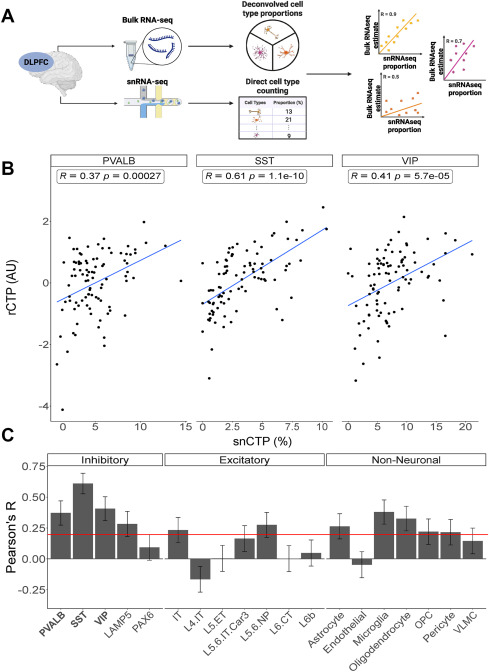The cognitive network modelling team uses mathematical models to improve prevention of severe mental illness.
At Cognemo, we develop, test, and apply mathematical models of cognition.
We aim to use these models to better understand at-risk mental states.
These models infer pathophysiology from noninvasive data.
Principal Investigator

Dr. Andreea Diaconescu
With my team I strive to understand how cognitive patterns reflect mental illness, so that clinicians can understand more about their patients, ultimately giving those patients a better chance of receiving the right kind of help.
I’m an Independent Scientist at the Krembil Centre for Neuroinformatics at CAMH and Assistant Professor in the Department of Psychiatry at the University of Toronto.
Recent Activity
Publication
January 1, 2026
Kiss, D., Zhou, X., Arbabi, K., Gonzalez Segura, À., Felsky, D., Diaconescu, A. O., Sibille, E., Endresz, N. & Tripathy, S.
Collaboration
Dr. Venkat Bhat
suicide prevention, rapid antidepressant effects
Talk
TEDxZurich
hosted by
TEDxZurich
The research delves into the complexities of the human brain, particularly how it processes social interactions and represents other people's intentions. The central question is whether the brain’s complex cognitive processes can be described by mathematical equations. The research team developed a mathematical model that simulates how we represent others in our minds during social interactions. This model suggests that we start with a rudimentary mental representation of another person and refine it over time, based on sensory inputs and previous experiences. The team used magnetic resonance imaging to record brain activity and applied the mathematical model to interpret the data.
Let's do this together!
We do some of our best work collaborating with others.
We’re always looking to help contribute to new projects and consider new team members.
© 2023 Cognitive Network Modelling


